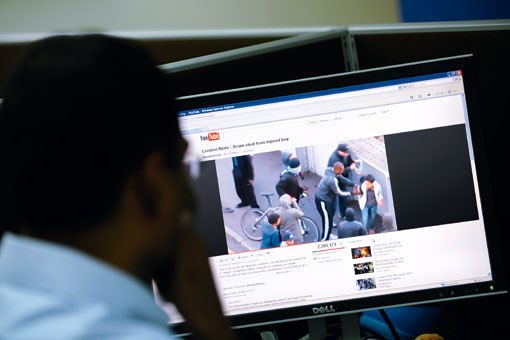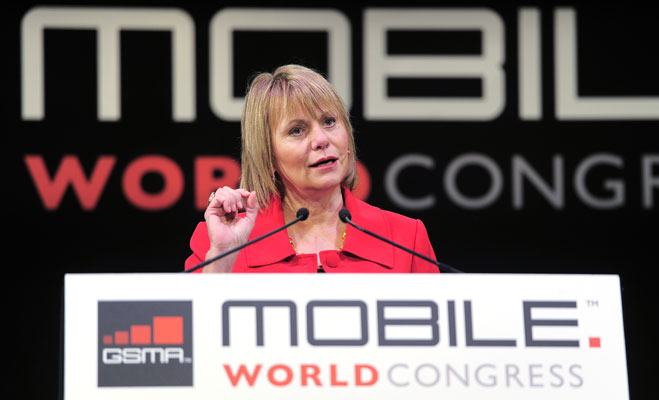A mighty enterprise
William Henry looks at the word of mouth and how it can spread dystopia

Justifiably, the wider population has been searching for a reason behind the summer riots in England’s capital. Can a solitary rationale or motive be found – other than opportunism – to allow for the mayhem that sprung up of a sudden and garnered support so briskly? At it’s simplest an act of aggression was made toward the police. The police reacted. A riot ensued. And what of it?
During the ongoing Arab Spring, it has been easy to condemn a power struggle that has festered for years, in which dictatorships suppressed and silenced their citizens for decades. In Britain, the executive is considered with scorn by many (particularly of late), but Westminster’s iron grip is perhaps more thought of as donning a poorly fitting glove. There is no single group of individuals pulling the country’s strings, enforcing a stringent civil code on a stifled mass. Because of that, the closest the West has seen to such civil unrest happened in Derry, in the early 1970s, or LA twenty years ago. Considering opportunists and with the backdrop of global economic decline, we must question an apparent widespread unequal distribution of wealth for London’s pandemonium.
The rise of the disparity in wealth might be traced to the early twentieth century, when the liberal enterprise grew significantly in popularity. At the same time an ideological battlefield stormed through Europe. Charismatic men spoke – from the realms of the extreme right and left to masses of relatively centralist citizens – promising glittering futures amidst the dystopia of the present. Calls from these few led to great waves of upheaval, two world wars, and a wealth of social frameworks that just wouldn’t sit well together.
Fast forward to present day and the sociological and theoretical debates have taken a more prominent tone since 9/11. And thanks to one of the greatest and most successful liberal enterprises of the twentieth century, the internet, we don’t have a handful of voices capable of turning heads. We are at the mercy of millions, all of who are for a voice, demanding support on social networking sites. And, of course, these voices are continually encouraged to take part and speak up, thanks to strategic marketing and PR campaigns to further fuel this almighty enterprise.
Recently, police forces in England wholeheartedly defended the use of social networks, arguing that they are more useful to them than otherwise during a crisis. Bearing that in mind, the British government elected not to restrict the use of Facebook, Twitter or BlackBerry Messaging despite the calls from a number of politicans.Better to condone and anticipate the formation of an angry mob rather establishing an intelligent and workable forum to discuss the continual shifting of ideologies.
The decision rendered a parallel with the panopticon, a jail outlined by Jeremy Bentham in the eighteenth century. The structure of the jail was to allow the jailor to monitor inmates, without the captive knowing for certain whether or not he’s being watched. Much the same, those that post online know that someone is aware of their presence – the scrutiny of a sovereign body in the shape of a national moderator, the site itself, or even their peers. They just don’t know who watches, or the extent to which what they say is being monitored.
The very idea that society’s most popular forum may harbour such resentment and paranoia may be reason enough for the riots. Still, so long as the larger technology companies share voter interest in playing their part in freedom of speech and the government doesn’t upset potential investments the odd riot can’t hurt. Can it?













